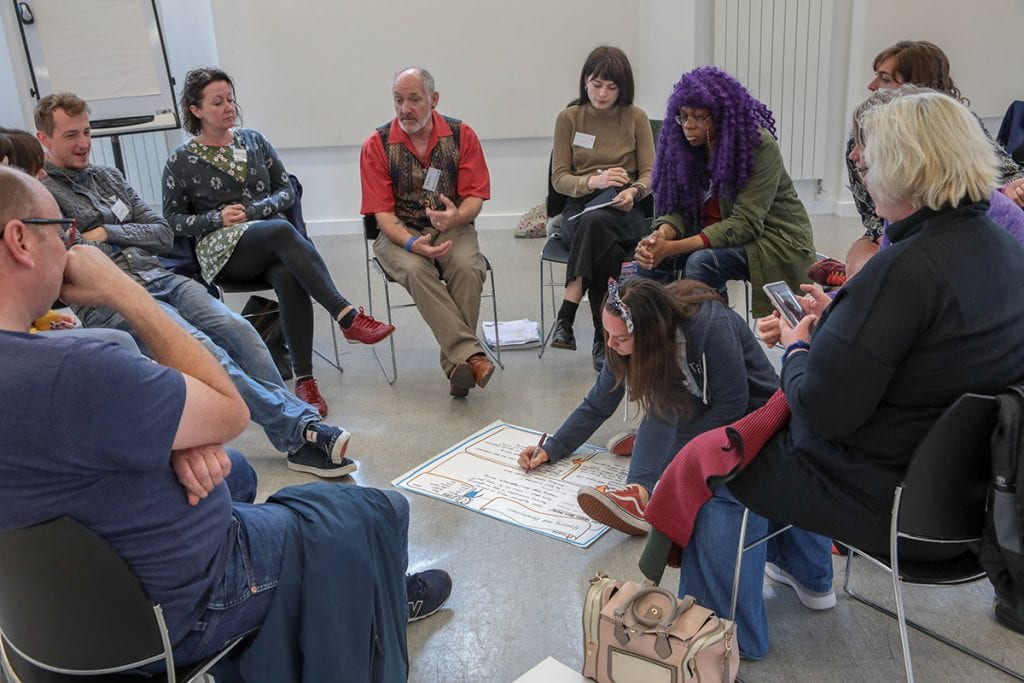Those who become part of a Poverty Truth Commission talk about how they are changed by becoming involved as well as the changes in policy and practice that have resulted from the work of their commission.

“Learning to ‘take a back seat’, and a re-emphasis of the fact that listening is one of the best supports that people can give. Many of us, in our professional lives, rush in with ‘solutions’ and ‘ways forward’ but we have to remember that these are solutions from our own perspective and that is not what matters when others are sharing their stories with you.”
Heather – Civic & Business Commissioner in Wolverhampton
“I’ve felt my voice was meaningless, that no one wanted to hear my ideas or even my wellbeing, but now, I am able to talk more openly and know I am able to contribute well and my voice means something.”
Community Commissioner in West Cheshire
“I had poor work-life balance, which was affecting my health, but now I have better balance including less time in the office – and I am more aware of this with my own staff and helping them to set a better balance.”
Community Commissioner in West Cheshire
“A space where there’s kind of no hierarchy and everyone’s allowed to be human together.”
Hugh – Community Commissioner in Birmingham
“I’ve done huge amounts of housing advice and work on homelessness. But 25 years on I’m in a situation where the people doing that are quite indirectly connected to me. So, it’s getting that sense of purpose back into something I’m doing, because I see something immediate”
Commissioner in Birmingham
“Hearing the stories in this room… wow. That’s the power of this. That’s impacted on how I go about things on a day to day basis”
Commissioner in Birmingham
“The Commission shows the power of relationships based on trust, shared learning and mutual respect. People with very different experiences and expertise have collaborated in new ways to bring about positive social change.”
Maureen – Commissioner in Scotland
“I’ve long been aware of the extra financial hurdles we place in the way of people in poverty – unknown to the comfortably off with their easy access to credit. What the Poverty Truth Commission has brought home to me are the emotional hurdles people in poverty have to clear and the strength that can come from enabling good relationships to flourish.”
Alison – Commissioner in Scotland
“Real collaboration only happens when you take out the barrier between officialdom and the real people. When they start to talk together, they realise that they are on the same side, but as long as one is sitting behind a desk and the other is not, they cannot really work together.”
Salah – Commissioner in Scotland